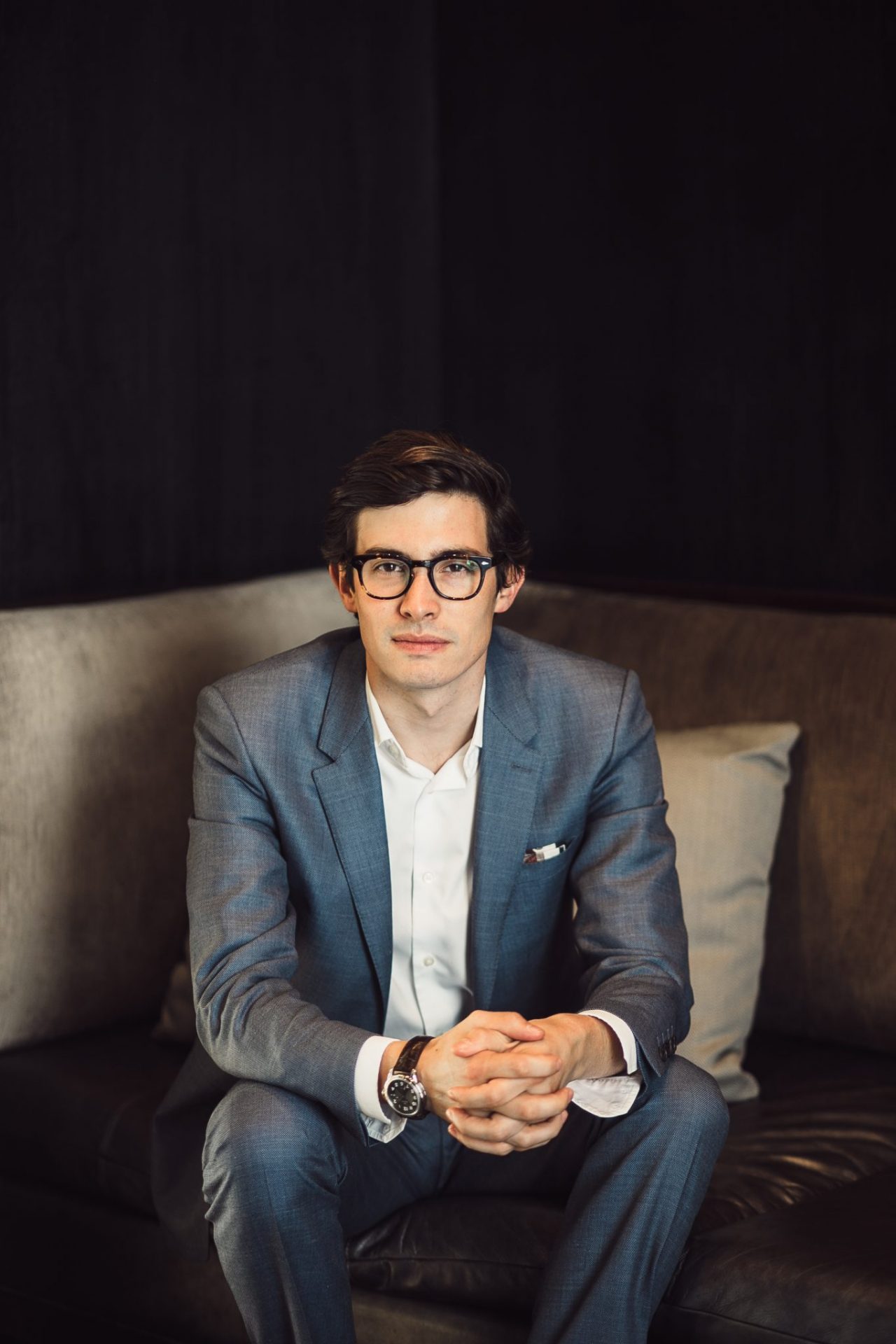Benjamin Habbel on Product Development and Shaking Up the Hospitality Industry

After cutting his teeth at Google, in product marketing and as chief of staff to Marissa Mayer, Benjamin Habbel founded Voyat, the leading guest retention software platform for hospitality and travel companies, in 2012. Working with leading hospitality brands to increase their direct bookings, he has won over clients from SBE Entertainment to SIXTY Hotels. We met up with Habbel at The Knickerbocker—a client of both Spherical and Voyat—to talk travel, tech and hospitality marketing.
Here are five lessons we learned from Benjamin Habbel.
01 Taking a career detour can expand your skill set.
“I grew up in a family that managed hotels. I always thought I would go into hotel operations, but I took a detour through technology. As a student in Denmark, I worked for a venture capital firm. The action wasn’t happening in Denmark, so I moved to Silicon Valley to be a product marketing manager at Google—working on everything related to geo, like location and maps. I was fortunate to work for a company that encourages entrepreneurial thinking, and building a career of your own outside the corporate world. It was an interesting detour to take to a career in hospitality, but it taught me there’s more than one path to take when building your career.”
02 Think of your competition as a utility.
“I don’t think of online travel agencies as a competitor to direct hotel bookings. They’re an important component of the online booking experience for the consumer. There are certain things they’re good at—price comparison and geo-specific searches, to name a couple. But it’s hard to differentiate brands with only price as the main variable, and that’s why a hotel’s owned channels, like its website, are so important. A user booking travel online might have several tabs open, one of them being a price comparison tool, like an OTA, and another being brand websites. I believe a personalized experience on the brand website will win every time.”
03 Accept when a tried-and-true tactic needs an upgrade.
“For years, creating landing pages was the cornerstone of building a successful online business. I advocate against the creation of additional landing pages. It’s a very outdated technique. If you think about user groups and different situations, the scenarios for travelers coming to a hotel website are endless. Creating landing pages that cater to all possible user scenarios is nearly impossible. Most hotels offer deals and packages that cater to a handful of these scenarios, but it’s still an outdated way of thinking about user cases. If a user shares their information with Voyat, we automatically learn about their behavior and serve content that is contextually relevant for each user group. For example, if a user likes golf on Facebook, Voyat can serve them copy about the hotel’s golf package. While marketing creates the framework and brand and imagery and content, Voyat puts on a top layer of intelligent, dynamic content that helps the user enjoy the brand and also drives conversion.”
04 Create something that solves a real problem.
“There’s a lot of companies that create vanity tools to solve problems that don’t really exist. A lot of things sound cool, but they’re not relevant to the end consumer. Nobody needs an app that helps them order a cheeseburger on their phone, because it’s hard to make an experience easier than picking up the phone and ordering room service. We’re trying to improve the bottom line of our hotel clients—that’s a real problem. And we have the confidence to say we’re improving overall conversion rates upwards of 30% across the board for our clients. We’re adding true, hard revenue dollars in the pockets of our clients—Voyat is not a ‘nice to have’ tool, it’s data-driven, measurability-driven technology.”
05 Challenge yourself to look at things from a different perspective.
“You can look at a hotel as a cement box of real estate with 200 rooms. That’s a very rooms-centric view to take. But if you think instead about the website audience of 200,000 potential customers, that’s a guest-centric view. Changing the way we think about hotels, from a piece of real estate to a user-centric e-commerce approach, can put heads in beds. And when you think of hotels this way, it’s unacceptable to have a 1% conversion rate. Boutique hotels have a smaller audience compared to bigger brands, but every user has expressed interest in that hotel because they typed the URL or clicked it on Google. We need to convert that audience into paying customers instead of emailing a legacy database or buying traffic.”
783 words
Recent Spherical Articles

